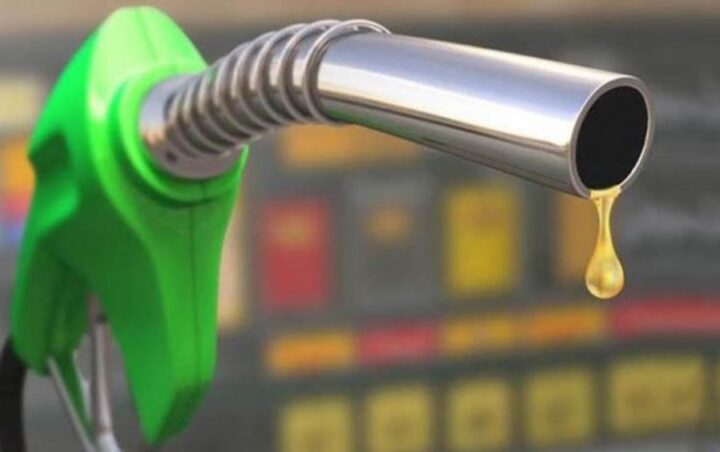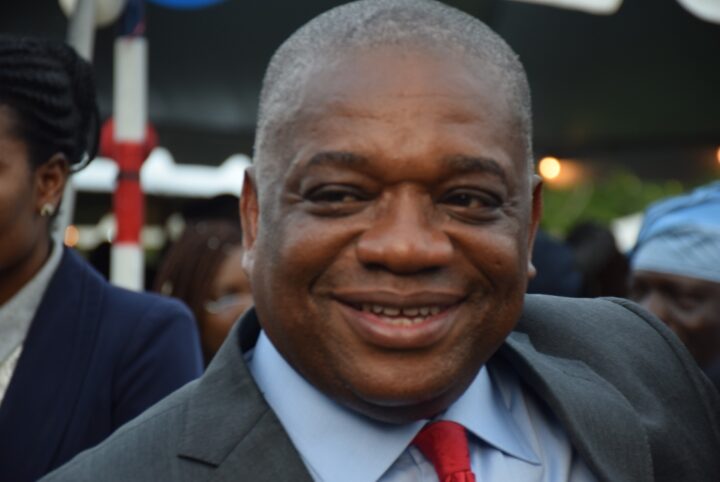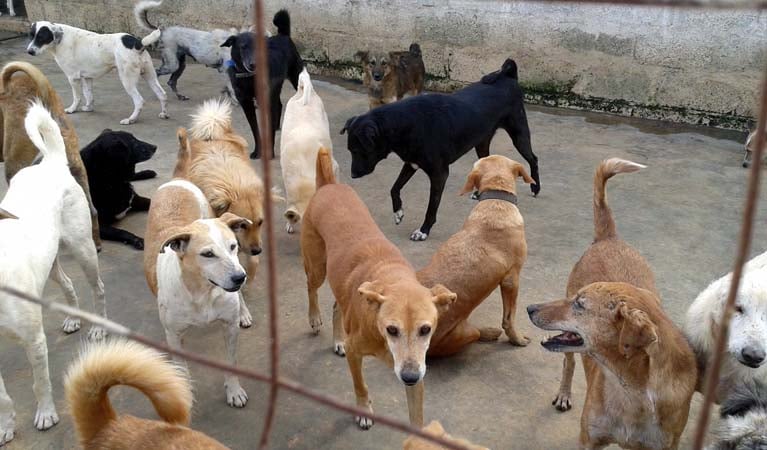Analysts and market watchers are anticipating an increase in the retail price of petrol in fuel stations across Nigeria.
This is due to a steady upward movement in the price of crude oil on the global market.
On Monday, February 8, the price of Brent crude, the international benchmark of crude oil, crossed $60 per barrel while US West Texas Intermediate (WTI) was trading was at $57.56 per barrel.
Nigeria, in March 2020, adopted a price modulation system when retail petrol price is adjusted to mirror price movement in the international oil market meaning that an increase in crude oil prices
Advertisement
The recommended retail price is announced periodically by the Petroleum Products Pricing Regulatory Agency (PPPRA).
At the time, the federal government had said it could no longer pay the huge amount of money required to subside petrol.
It had also argued that the low petrol price in Nigeria is encouraging smugglers to illegally transport already subsidised petrol out of the country to neighbouring countries where the commodity is sold at higher rates.
Advertisement
This move was opposed by the Nigeria Labour Congress (NLC) and other labour unions who argued that the act would increase hardship for Nigerians.
To avert industrial action, the federal government reduced petrol price by N5 and set up a technical committee to fashion out a mechanism to monitor and stabilise petrol pump price.
Chris Ngige, the minister of labour, explained that the price reduction was possible because the Nigerian National Petroleum Corporation (NNPC) has agreed to cut costs like freight cost and demurrage.
Supply cuts being implemented by the Organisation of Petroleum Exporting Countries (OPEC) and its allies in addition to recovering oil demand after countries lifted COVID-19 restrictions are all contributing to the upward movement of oil prices.
Advertisement
The last price review was in November and the increasing crude oil price could mean that the federal government is back to the days of subsiding petrol.
Add a comment







